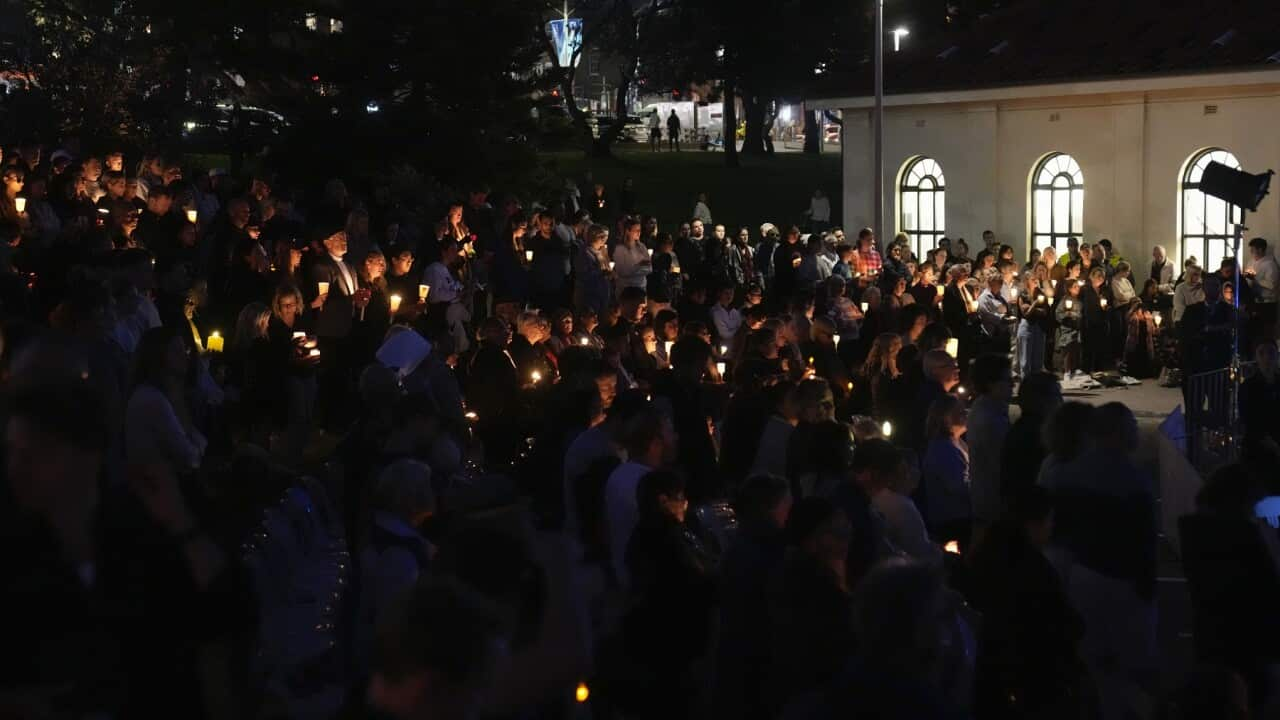TRANSCRIPT
It was one of the most shocking events in Australia's recent history.
Six people killed, and another twelve injured, by a single attacker at Bondi Junction Shopping Centre.
Australians came together after the event, mourning the loss of live, and recognising the trauma of the community.
But Elizabeth Young, the mother of one of the women murdered, says professional support wasn't easy to access.
“Jade was a primary victim of that devastating attack, but three households, two in New South Wales, one in Tasmania, are the collateral damage. Within hours of her death in the hideous aftermath, our New South Wales families were given an unconditional support. But not all of us have been so fortunate. Our son PJ he lives in Tasmania with his family received no such treatment. “
For Jade's brother, it took months.
“They firstly had to find a GP, then negotiate their own specialists support paying out for their own pockets. After lodging an application with New South Wales victim services, they were given a list of 200 practitioners to seek their own help. After six weeks our son was able to actually speak to a psychologist.”
And for their children, it's been even longer.
“When PJ and his wife attempted to find help for their children, they were told there was one child psychologist but the books were closed. The Tasmanian mental health hotline they were told to use rang out. Eventually, with the help from New South Wales, a specialist trauma child psychologist has been found in Sydney, with support to be received in the coming weeks, three months after Jade's murder.”
Ms Young says the government's own reports over the last 30 years have found the needs of Australians aren't being met my the system.
“Thousands of hours, thousands of pages, millions of dollars. Numerous reports, dozens of inquiries, have advised that the mental health crisis affecting our lucky country requires a national approach.”
Whilst understanding of some mental health issues has improved in the community, and access for some services, it isn't universal.
Access to services for complex conditions like schizophrenia, bipolar, BPD, OCD, PTSD, eating disorders, and severe depression and anxiety disorders is often expensive, hard to find, and inconsistent.
CEO of SANE, an organisation supporting Australians with complex needs, Rachel Green says there needs to be a different approach.
“Complex mental health deserves a comprehensive approach, we need to be looking at all levels of the system. It isn't something that can be solved by one type of care alone, but effective models are available.”
With a meeting of Health Ministers from around the country soon, Independent MP Allegra Spender is calling for the government to overhaul the mental health system.
“People aren't just falling through the cracks, they're falling through chasms of mental health support, you know whether it be because it's stuck between state and federal, you might be remote, you might be regional, and that is what people are asking for is consistent care, care that they can rely on, care that is going to be there in the long term, not just a moment in time and then hard to access in different points.”
Recognising that it isn't an instant fix.
“It is urgent, but it isn't a quick fix, because there isn't one thing that at the stroke of the pen the Health Minister can do. What we're looking for as long term consistent solution, not something that's going to a budget boost now that's going to you know, droop away in another year or two.”
Over the last 15 years, a number of national, low level support programs have been established to address the mental health crisis.
Services like Headspace offer support for young people with depression or anxiety, and Head to Health operates nationally without an age limit.
Ms Spender says whilst they have a role to play, there needs to be more critical support.
“Those programs meet the need for some people, but not for everybody. And that's the gap that we're trying to say. And I have seen that, you know, in my own community people talking to me saying I went to a hospital but I wasn't sick enough to be admitted. But you know, I was too sick for a different environment. And I think that is the complexity of it. But it is those who are most complex that we really need to step up for.”
And that addressing this crisis is critical to avoiding tragedy.
“If we can address the needs as they're becoming more complex, then we have a chance, you know, of minimizing the sorts of tragedies that we have seen in Bondi Junction.”













